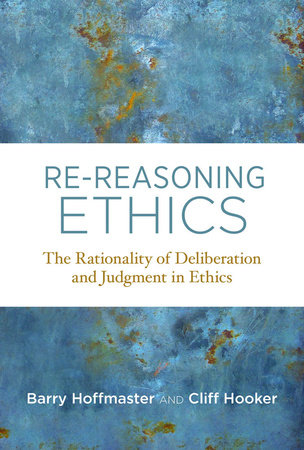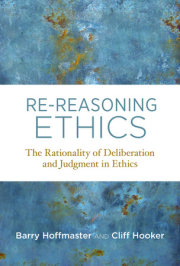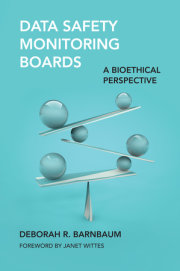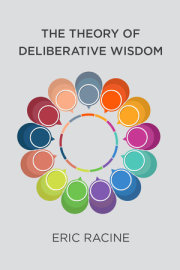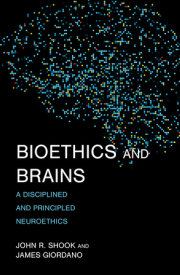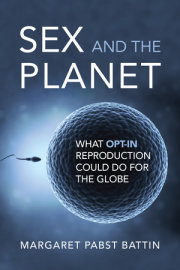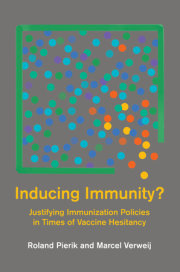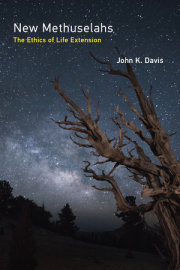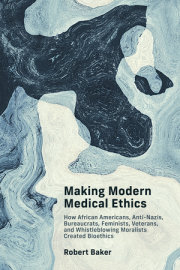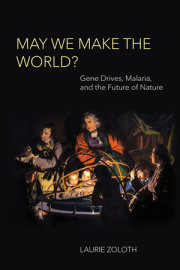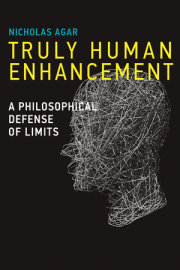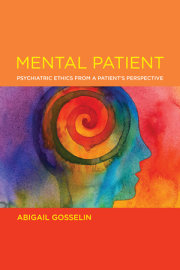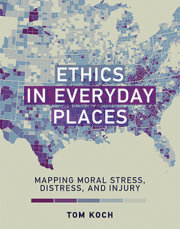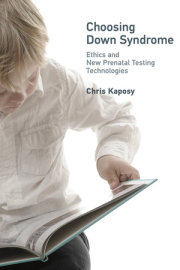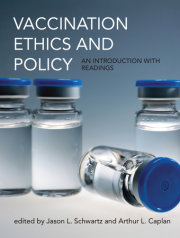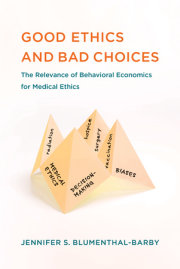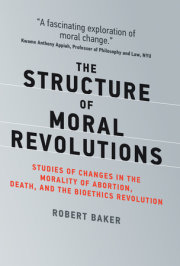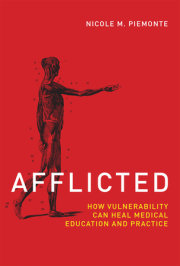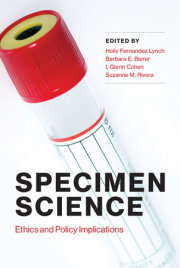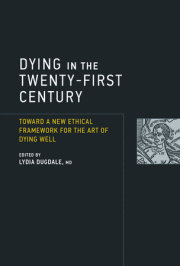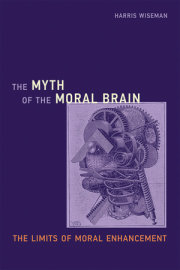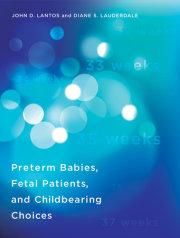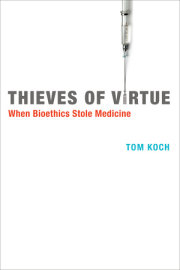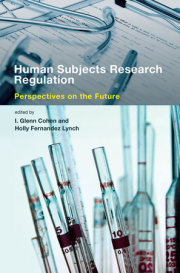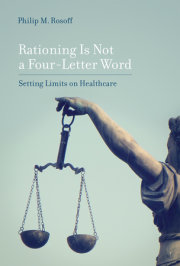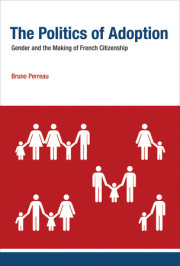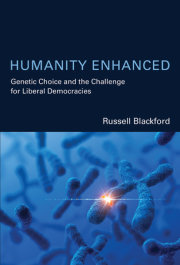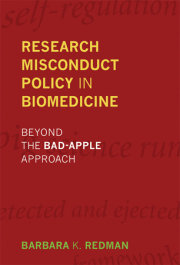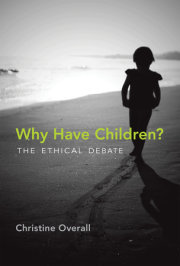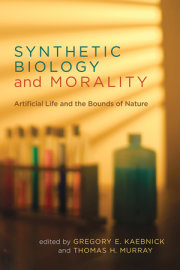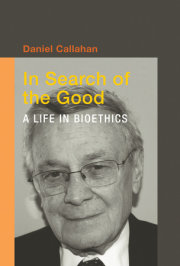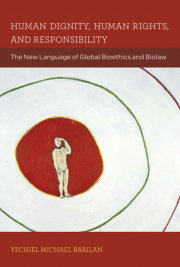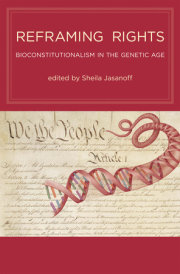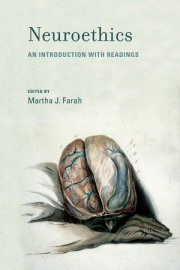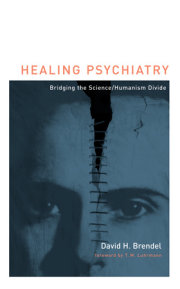Contents
Preface ix
Acknowledgments xv
I Ethics and Reason 1
1 Introduction 3
1.1 Background: Clinical and Philosophical Orthodoxy in Genetic Counseling 5
1.2 The Example: Real Ethical Decision Making after Genetic Counseling 7
1.3 Philosophical Implications 16
1.4 Four Lessons 20
2 The Difficulties of Applied Ethics 23
2.1 Indeterminacy: What Does a Norm Mean? 24
2.1.1 The Meaning of “Euthanasia” 25
2.1.2 The Meaning of “Autonomy” 30
2.2 Conflicts: Which Norm Prevails? 35
2.3 From Substance to Process 41
2.4 The Scope of Morality and the Limits of Formal Bioethics 45
2.5 Conclusion 47
3 The Problems Generalized, Diagnosed, and Reframed in a New
Account of Reason 49
3.1 The Parallel Difficulties of Applied Science 50
3.2 Confronting the Dominant Analytic Tradition 57
3.2.1 The Critique of Logic as Method 58
3.2.2 Critique of the Western Philosophical Tradition 61
3.3 Naturalism Frames a Conception of Reason Suitable to the Pursuit of Science,
Ethics, and Life in General 65
3.4 Conclusion 72
4 The Problems Resolved in a New Account of Reason 75
4.1 Skilled Deliberative Judgment 75
4.2 Four Resources for Rationality 78
4.2.1 Observation 79
4.2.2 Reasoning Methods 86
4.2.3 Creative Construction 90
4.2.4 Systematic Critical Assessment 95
4.2.5 Synergy of the Four Judgment-Improving Resources 97
4.3 Characterizing Rationality 99
4.4 Conclusion 103
5 The Process of Ethical Resolution: Using the Resources of
Nonformal Reason 105
5.1 The Rationality and Morality of Dying Children 105
5.1.1 The Rational Discovery of the Diagnosis 106
5.1.2 The Rational Morality of Dying Children 114
5.2 Using the Resources of Nonformal Reason in the Vignettes 119
5.2.1 Ms. B 119
5.2.2 Ms. F 128
5.2.3 K’aila 130
5.2.4 Mrs. Smith 131
5.3 Moral Effectiveness: Moving beyond Principles 133
5.4 Conclusion 136
II Ethics as Design 137
6 Ethics as Design and Its Two Distinctive Methods 139
6.1 Whitbeck on Ethics as Design 140
6.2 The Deduction-from-Principles Account of Compromise: A Critique 146
6.3 Moral Compromise 149
6.3.1 The Nature of Compromise 151
6.3.2 The Moral Life of Finite, Developing Agents 152
6.3.3 The Rationality of Compromise 158
6.4 Reflective Equilibrium Liberated, Extended, and Enriched 159
6.4.1 Reflective Equilibrium 159
6.4.2 Wide Reflective Equilibrium 160
6.4.3 Liberation, Extension, Enrichment 164
6.5 A Shift from Principles to Values 165
6.6 Conclusion 167
7 Designing Deliberation 169
7.1 Deliberation as Dramatic Rehearsal 169
7.2 Deliberation as Narrative 172
7.3 Deliberation Shared 179
7.3.1 Deliberating with a Doctor 180
7.3.2 Deliberating with a Clinical Ethicist 184
7.4 Institutionalized Deliberation 188
7.5 Conclusion 191
8 Designing Practices, Institutions, and Processes 193
8.1 Fights, Games, and Debates 193
8.2 Game Theory 201
8.3 Matching Problems and Processes 208
8.4 Conclusion 219
9 Designing Policies 221
9.1 Designing an Ethical Policy 222
9.1.1 The Nature of Tragic Choices 225
9.1.2 Making Tragic Choices 228
9.1.3 Approaches to Allocating Kidneys for Transplantation 231
9.1.4 Assessing the Approaches to Allocating Kidneys for Transplantation 234
9.1.5 Moral Compromise 238
9.2 Designing a Process for Policy Making 241
9.3 Conclusion 246
Notes 249
References 277
Index 293

